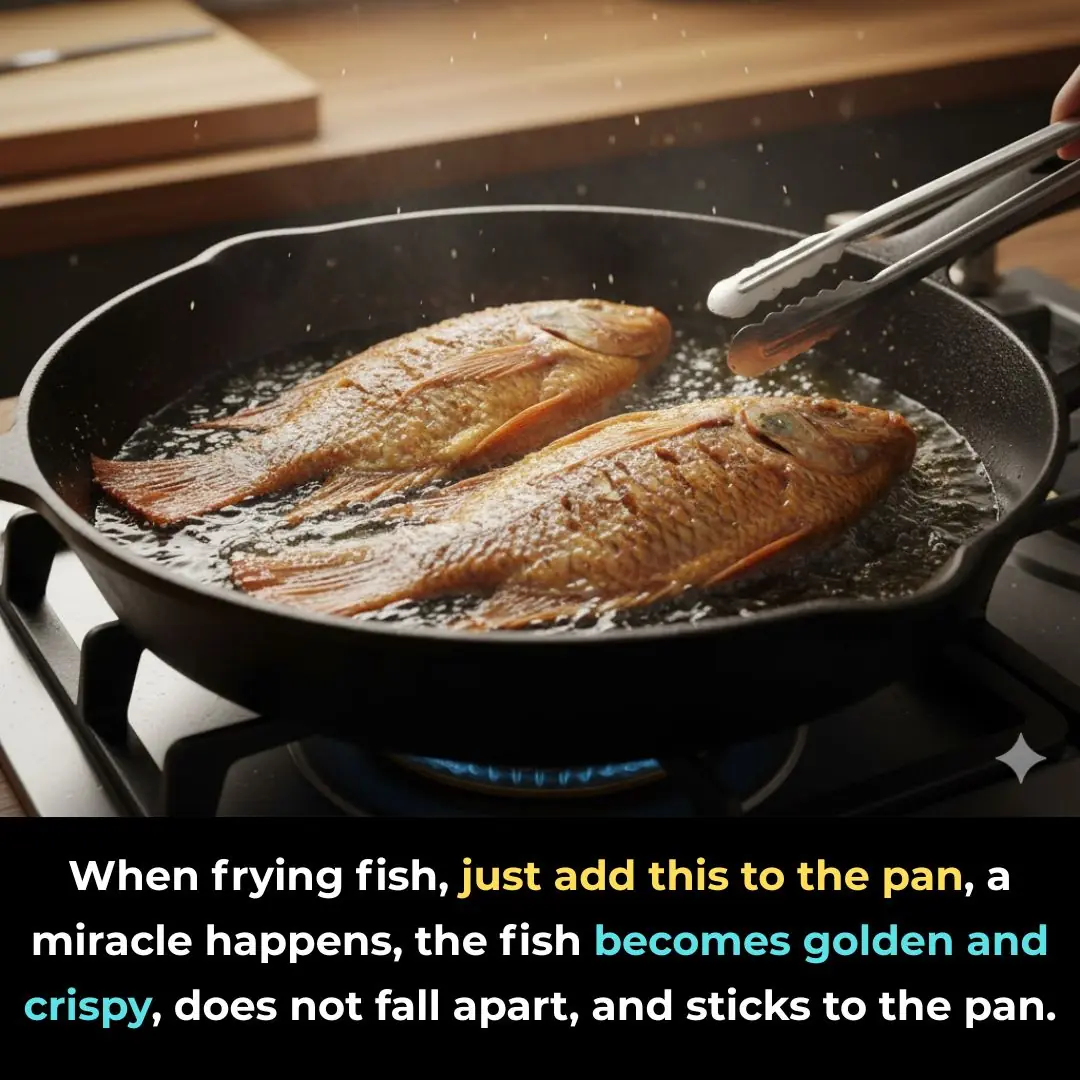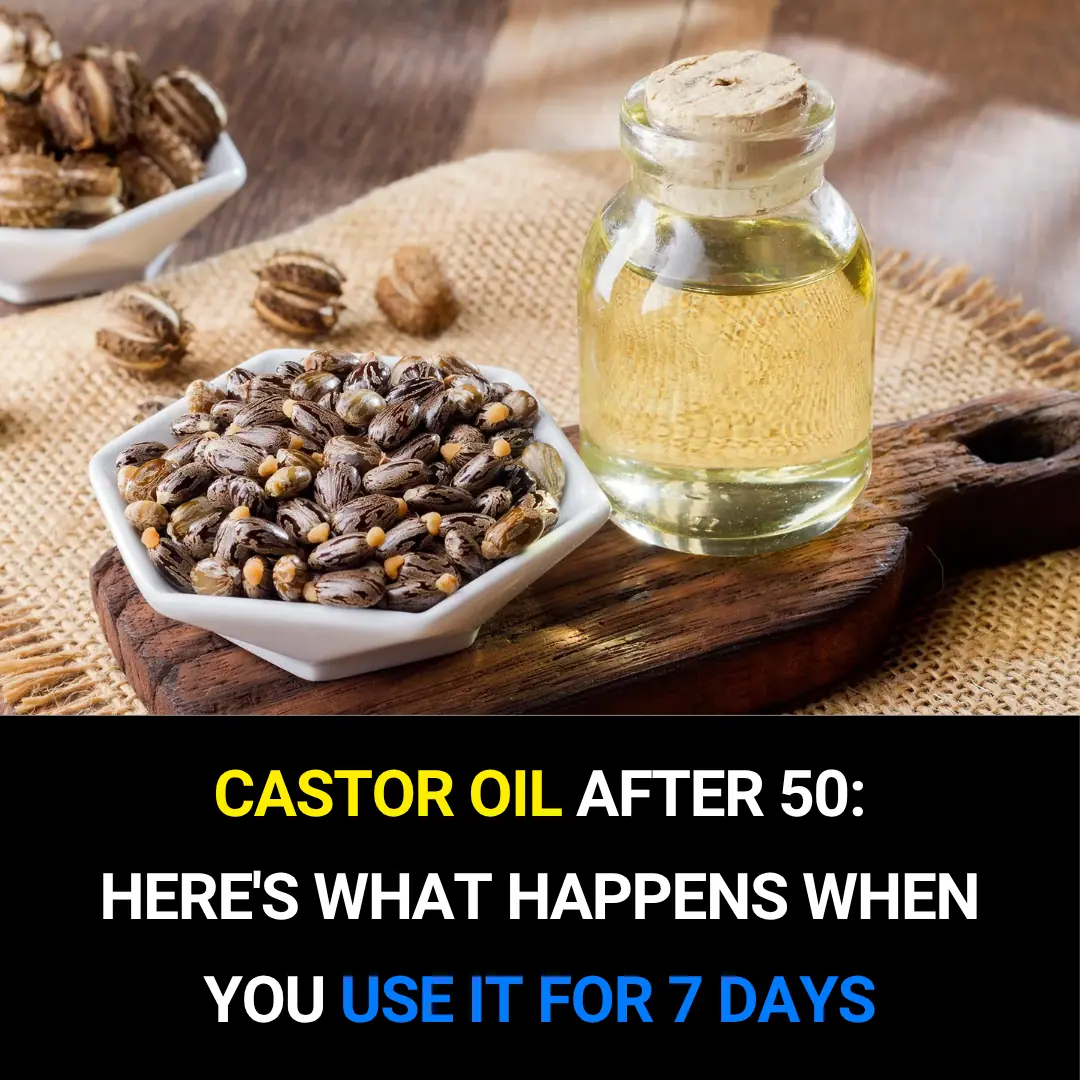
Nine-Year Study Finally Clarifies the Link Between Sugar and Cancer
Nine-Year Study Finally Clarifies the Link Between Sugar and Cancer
Every single cell in the human body needs energy to function properly. This energy can come from various sources—fats, proteins, and carbohydrates. However, within the medical and scientific communities, glucose, a simple sugar derived from carbohydrates, has attracted particular attention.
Why? Because glucose isn’t just the body’s main energy fuel—it’s also the preferred source of energy for cancer cells. Unlike healthy cells, cancer cells consume far more glucose and metabolize it at a much faster rate.

The Warburg Effect
This phenomenon is known as the Warburg effect, named after Nobel Prize–winning scientist Dr. Otto Warburg, who first observed it nearly a century ago. Warburg discovered that tumors absorb enormous amounts of glucose compared to the surrounding healthy tissue. He also found that, unlike normal cells, cancer cells ferment glucose even in the presence of oxygen, a process called aerobic glycolysis. This metabolic reprogramming allows them to grow, divide, and survive under conditions that would normally restrict healthy cells.
Essentially, cancer cells hijack the body’s sugar metabolism system to fuel their unchecked proliferation. This discovery raised a fundamental question that researchers have been investigating ever since: Could sugar itself play a role in the development or progression of cancer?
Can Sugar Cause Cancer?
Surprisingly, evidence suggesting a possible connection was uncovered decades ago—but was deliberately hidden. A study funded by the sugar industry nearly 50 years ago found early indications that sugar might increase cancer risk. However, those results were never made public until recently.
According to a re-evaluation of the data:
“The sugar industry did not disclose evidence of harm from animal studies that would have strengthened the case that the coronary heart disease risk of sucrose is greater than starch—and caused sucrose to be scrutinized as a potential carcinogen.” (1)
This revelation has reignited scientific interest in the relationship between sugar intake, metabolism, and cancer development. For years, researchers wondered whether the Warburg Effect itself might explain why some tumors are so aggressive, and how the unique sugar fermentation process in cancer cells contributes to that behavior.
What the New Research Reveals
Professor Johan Thevelein, one of the lead researchers in a recent nine-year study, explains:
“Our research reveals how the hyperactive sugar consumption of cancerous cells leads to a vicious cycle of continuous stimulation of cancer development and growth. This finding explains the correlation between the strength of the Warburg effect and tumor aggressiveness.”
He adds that this discovery lays a new foundation for future cancer studies—enabling scientists to focus on specific molecular targets involved in sugar metabolism and tumor growth. The implications are enormous: if researchers can interrupt this “sugar feedback loop,” it could potentially slow or even halt cancer progression.
A Strong Connection Between Sugar and Cancer
Dr. Lewis Cantley, a prominent cancer researcher at Weill Cornell Medicine, has long emphasized the role of sugar in disease. In an interview, he noted that he has avoided refined sugar for decades:
“I have a very simple rule,” he says. “I eat fruit, but I don’t eat anything that has sugar added to it. And I guarantee everybody would be better off if they ate zero sugar.” (3)
His research shows that excessive sugar intake can accelerate the growth of many different types of cancer. According to Cantley, as scientists learn more about cancer metabolism, they’re realizing that tumors can become “addicted” to insulin and sugar. In many cancers, these substances act like fuel for the fire.
Natural Sugars vs. Processed Sugars
It’s important to note that not all sugars are created equal. The natural sugars found in fruits and vegetables are packaged with fiber, vitamins, and antioxidants that help protect cells from damage and inflammation. In contrast, processed sugars—like those found in sodas, candies, and baked goods—are stripped of these protective compounds and can promote chronic diseases.
Consuming too much refined sugar not only raises cancer risk but also contributes to obesity, insulin resistance, and cardiovascular disease. By contrast, diets rich in whole, plant-based foods support the body’s natural defense systems and may help prevent cellular changes that lead to cancer.
Looking Ahead: Diet as a Defense
The findings of this nine-year study mark an exciting turning point in cancer research. They confirm that diet plays a critical role in both cancer prevention and progression. While scientists continue to unravel the complex biochemical pathways connecting sugar and cancer, one takeaway is already clear: limiting processed sugar is beneficial for overall health.
Reducing added sugars in your diet not only supports metabolic balance but also helps lower the risk of numerous chronic diseases. In the long run, cutting down on sweets might be one of the simplest—and most powerful—steps you can take toward better health.
News in the same category

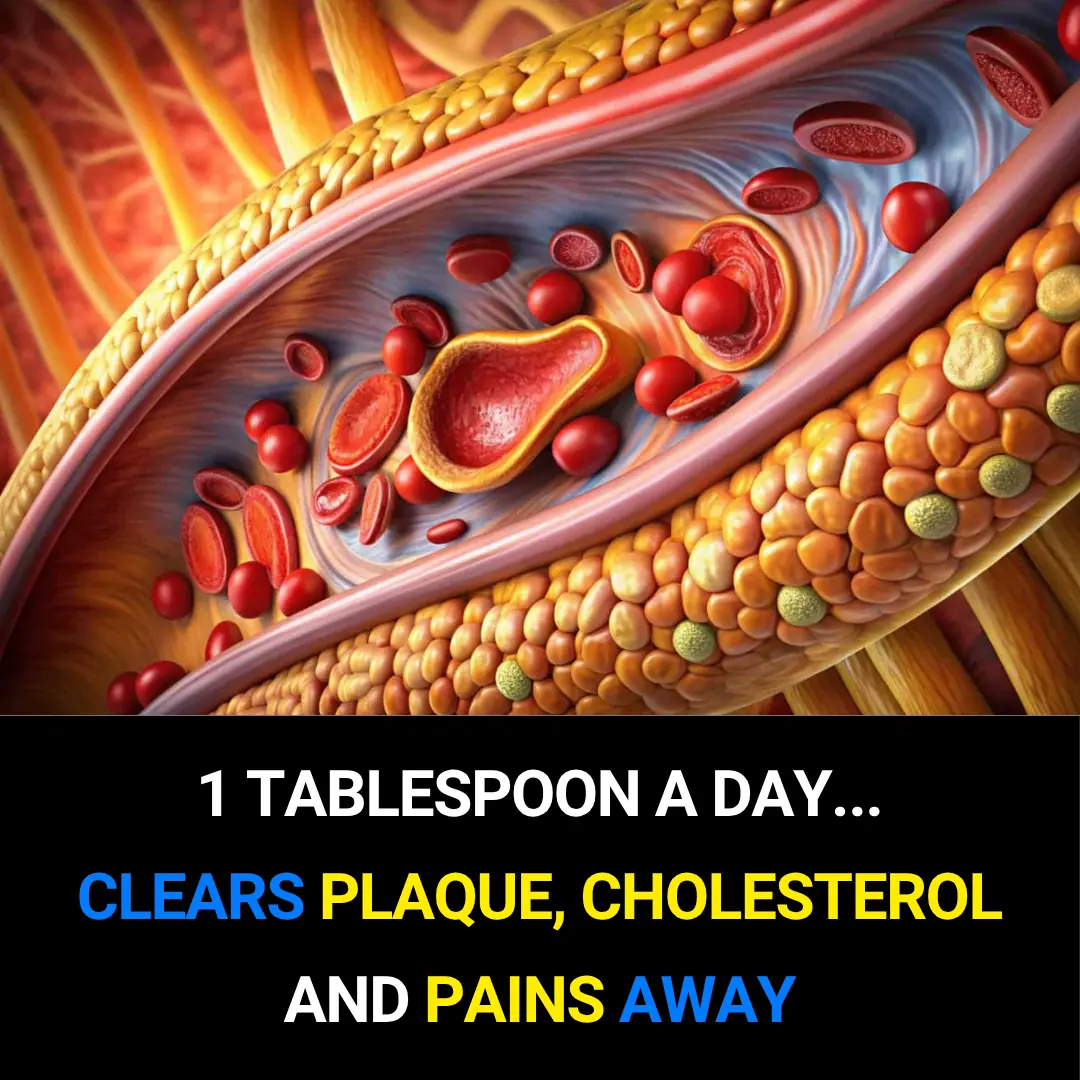
Unlock the Secret Benefits of Olive Oil 🌿✨

Mix One Ingredient With Orange Juice To Flush Toxic Buildup From The Lungs

Doctors warn: 4 everyday habits quietly driving heart failure deaths higher — and what to do about it
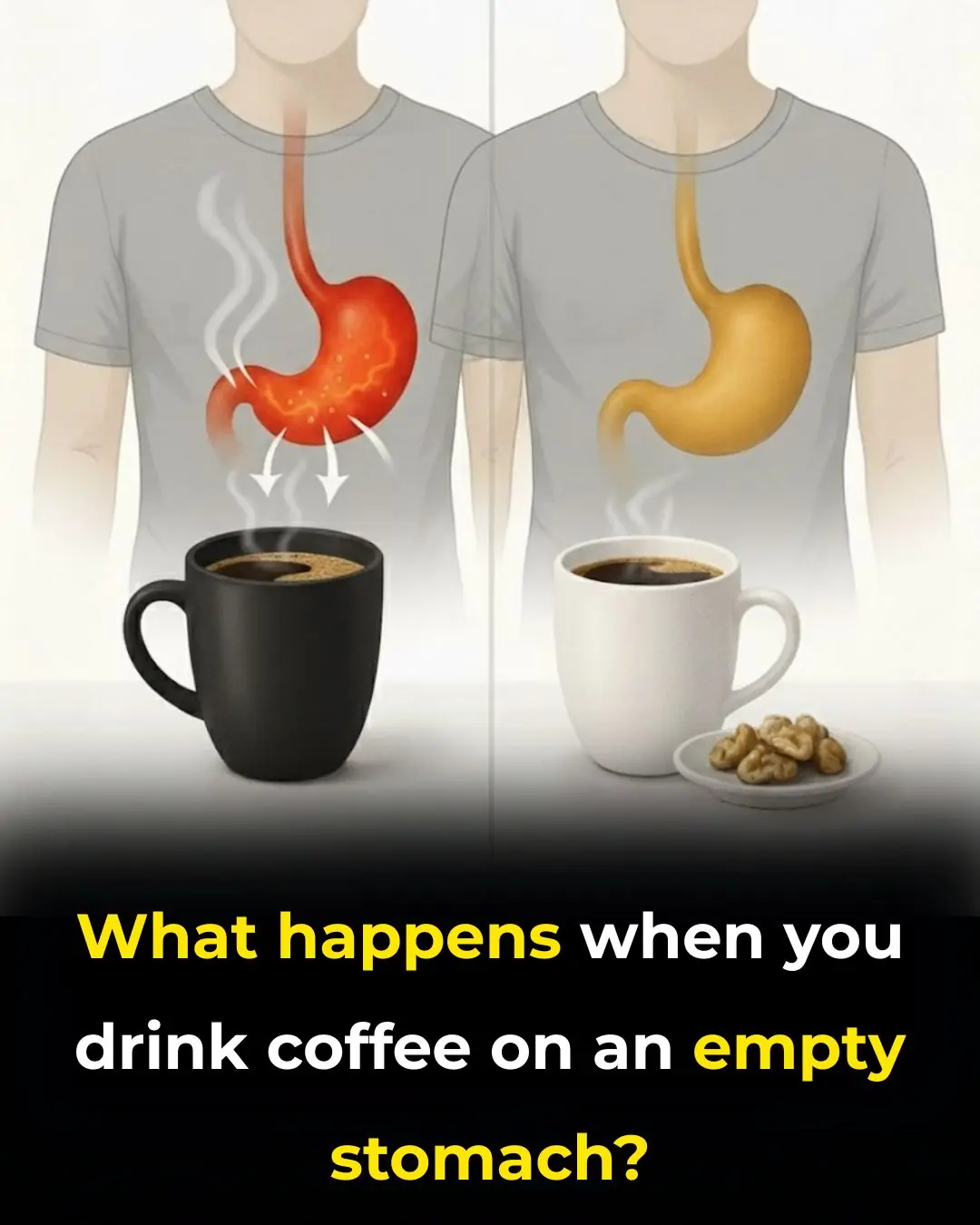
See What Happens When You Drink Coffee On An Empty Stomach
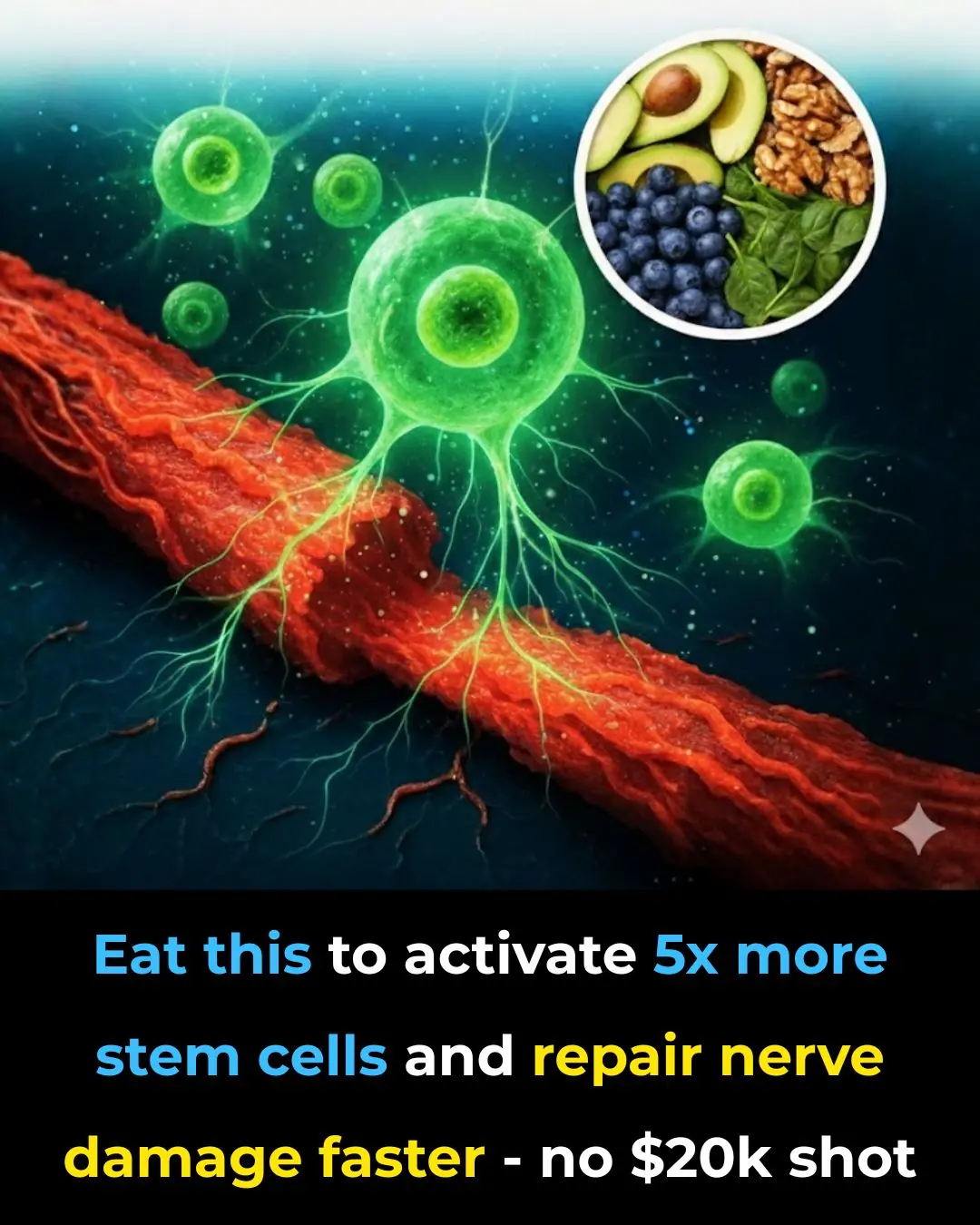
Eat this to activate 5x more stem cells and repair nerve damage faster — no $20k shot
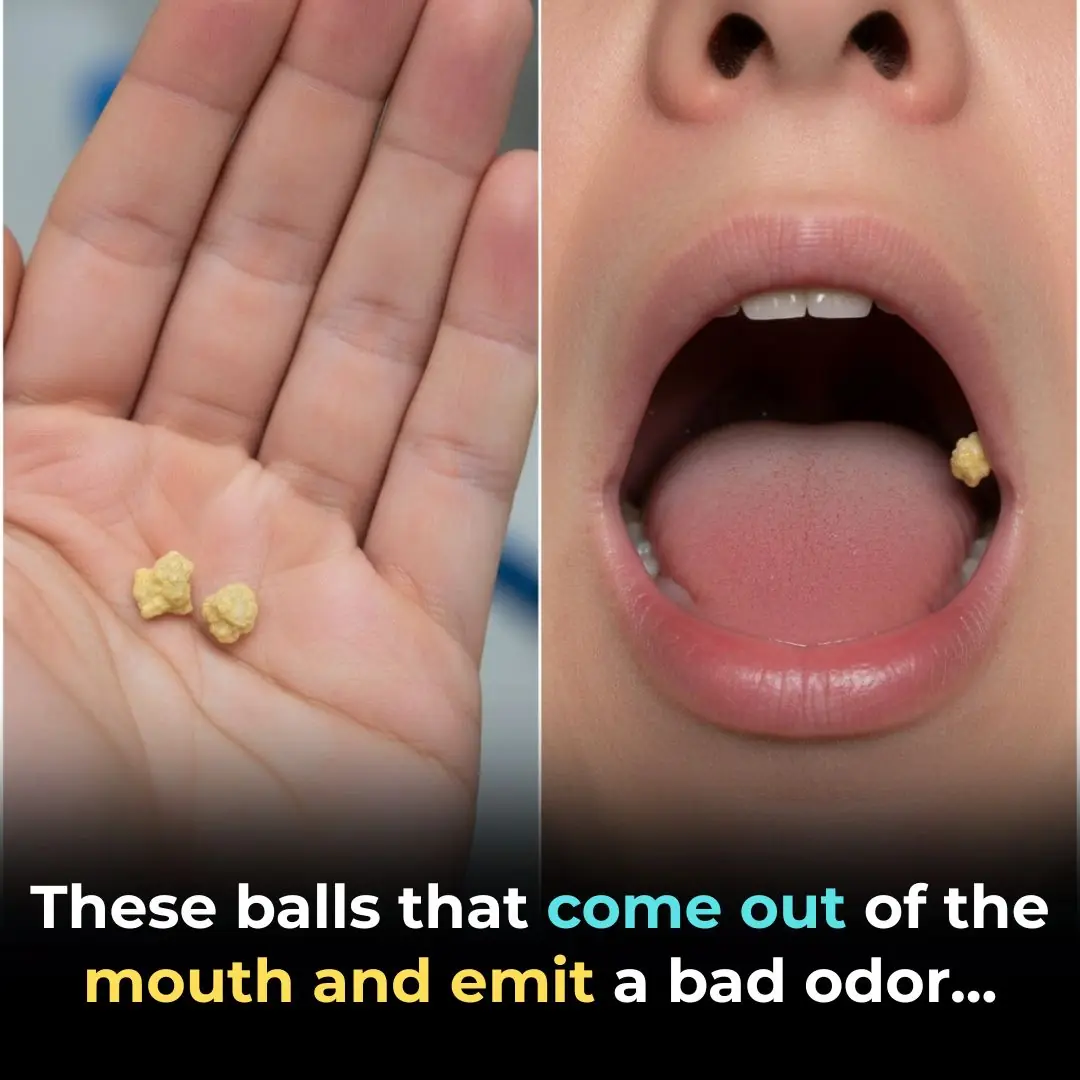
🌿 Natural Ways to Fight Bad Breath & Tonsil Stones — Safely and Effectively
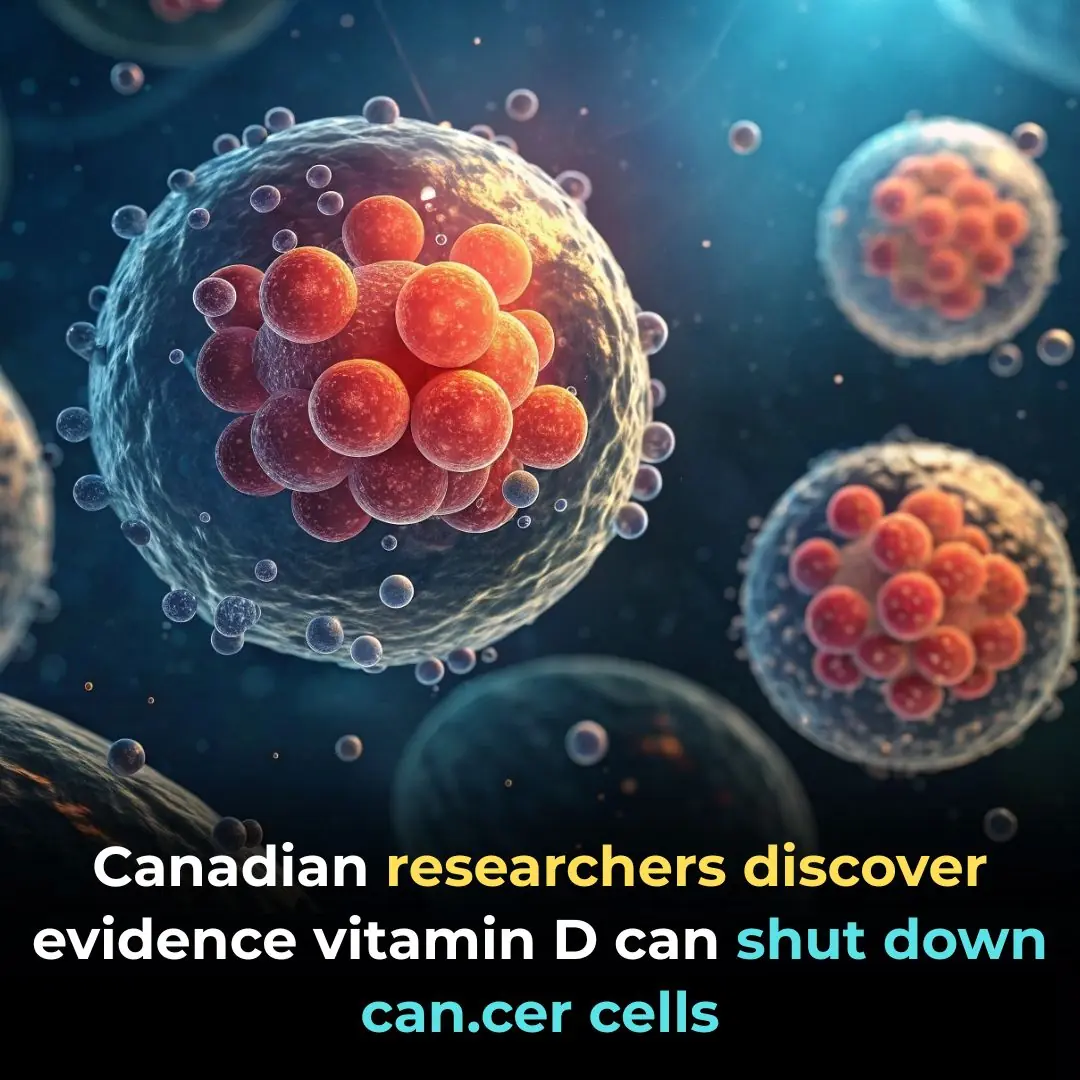
Canadian Researchers Discover New Evidence That Vitamin D Shuts Down Cancer Cells
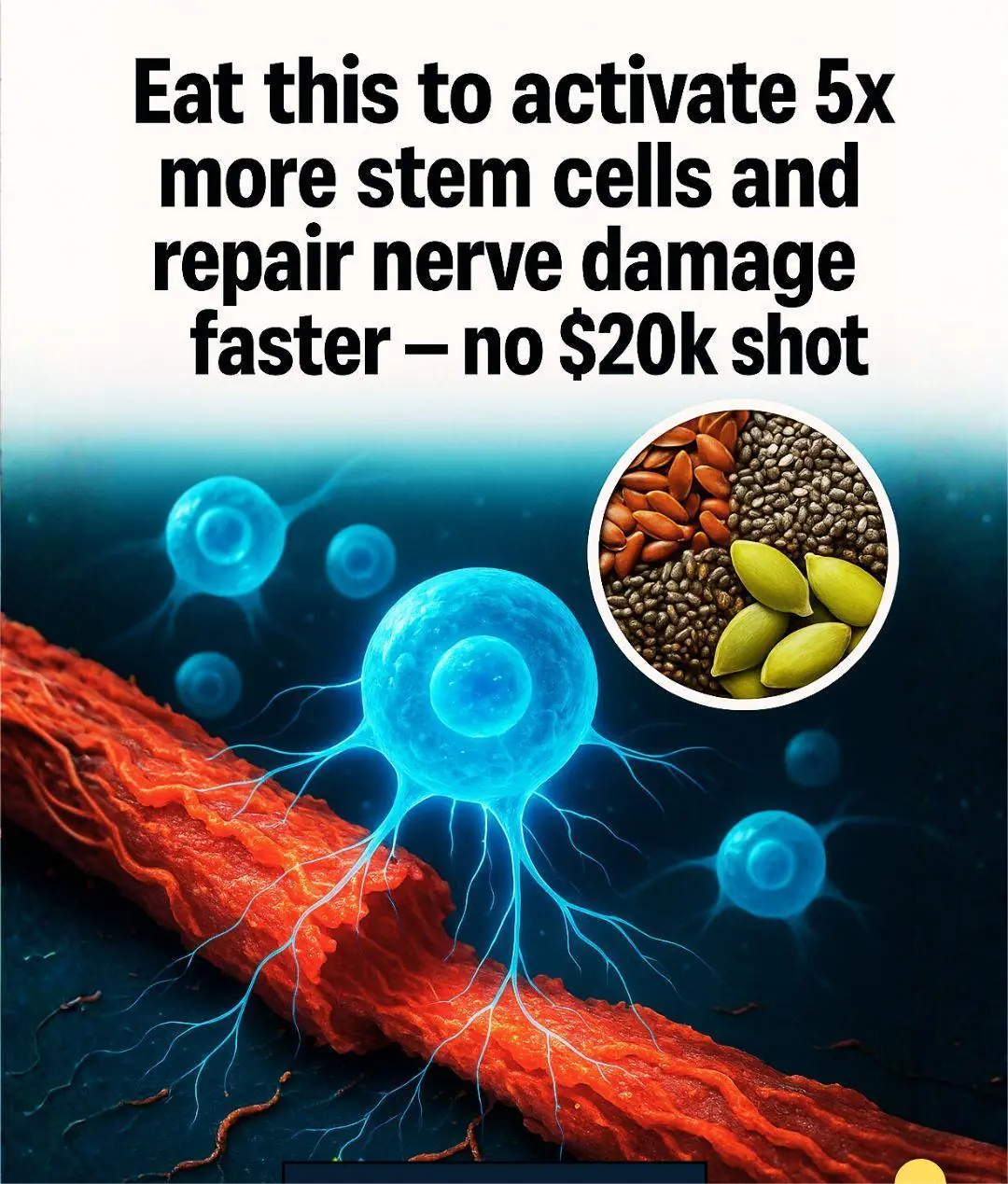
Eat this to activate 5x more stem cells and repair nerve damage faster — no $20k shot
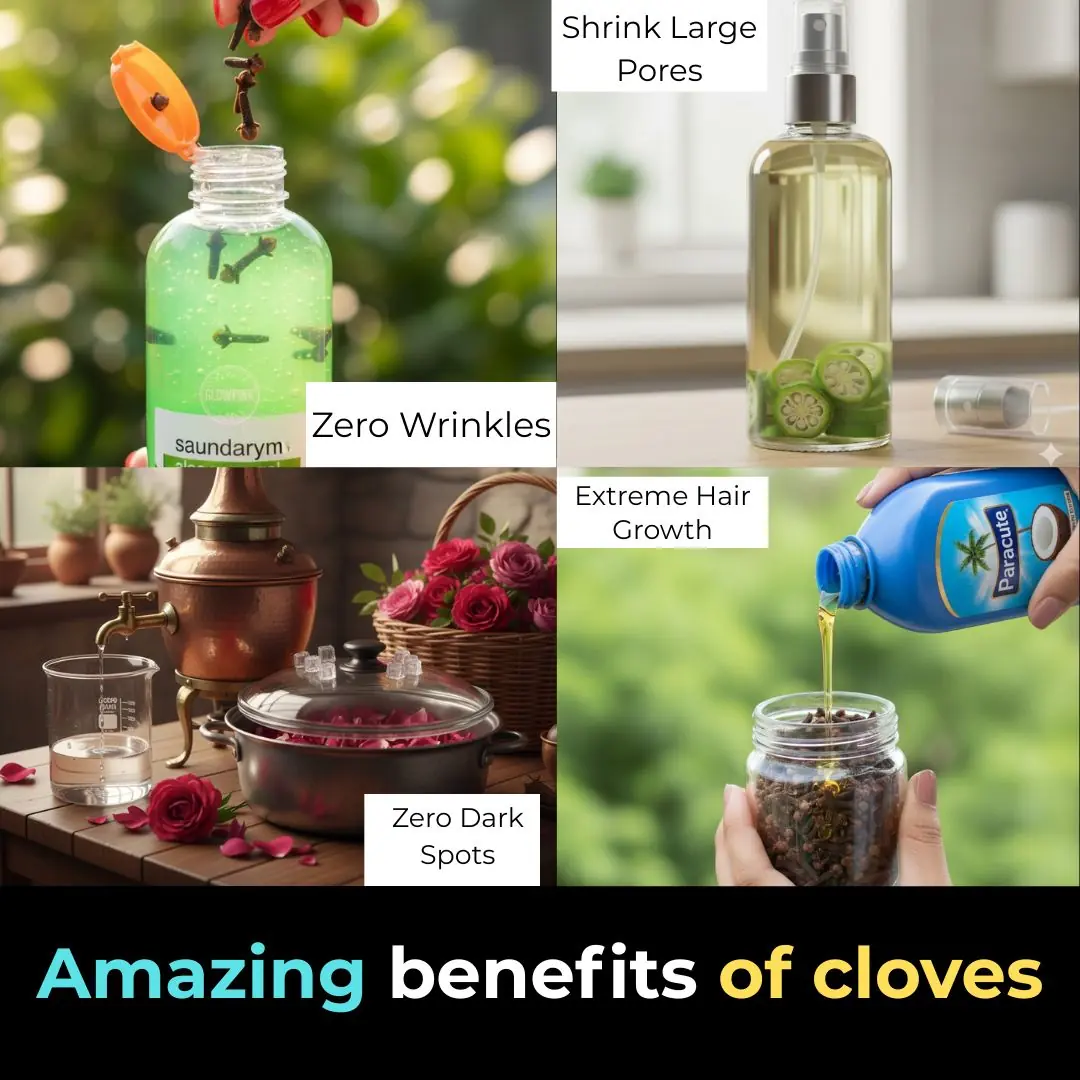
4 Amazing Benefits Of Cloves For Skin & Hair

Best Natural Home Remedies To Safely Remove Skin Tags

Natural Ways For Breast Enhancement

The Golden Morning Elixir That Melts Joint Pain Like Butter – One Cup Daily Unlocks Pain-Free Movement in Just Days!
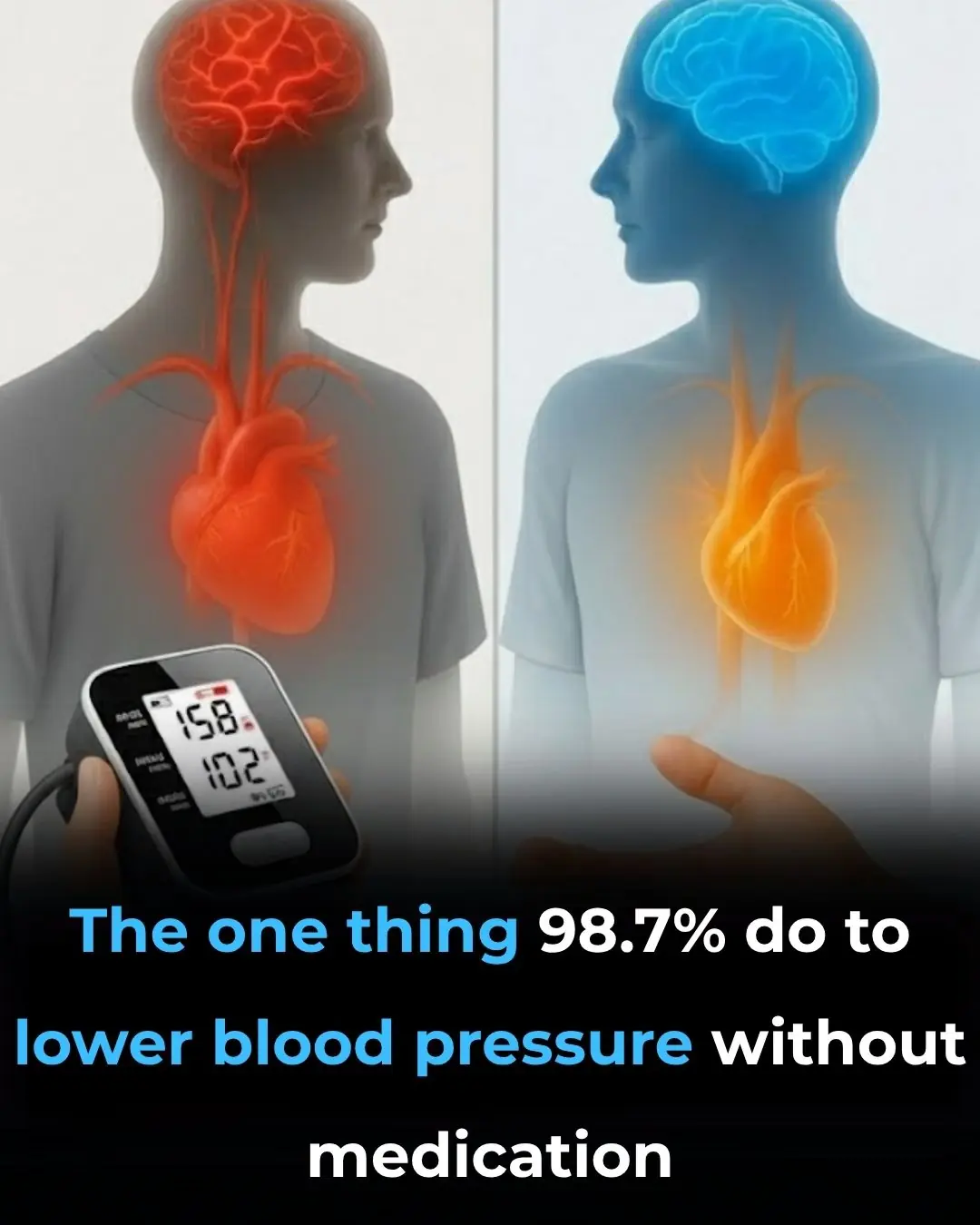
The one thing 98.7% of people do to lower blood pressure without medication
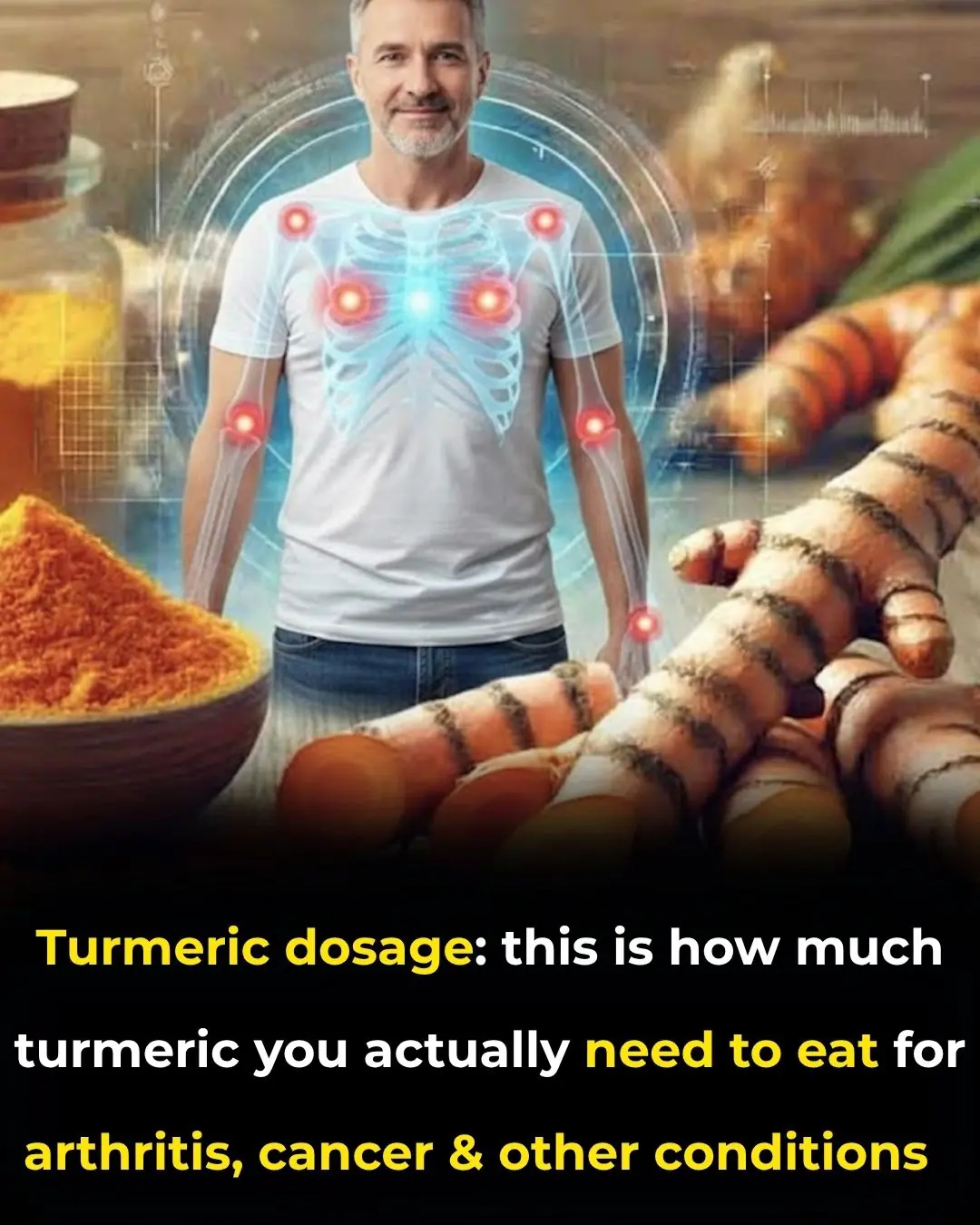
Turmeric dosage: this is how much turmeric you actually need to eat for arthritis, cancer and other diseases
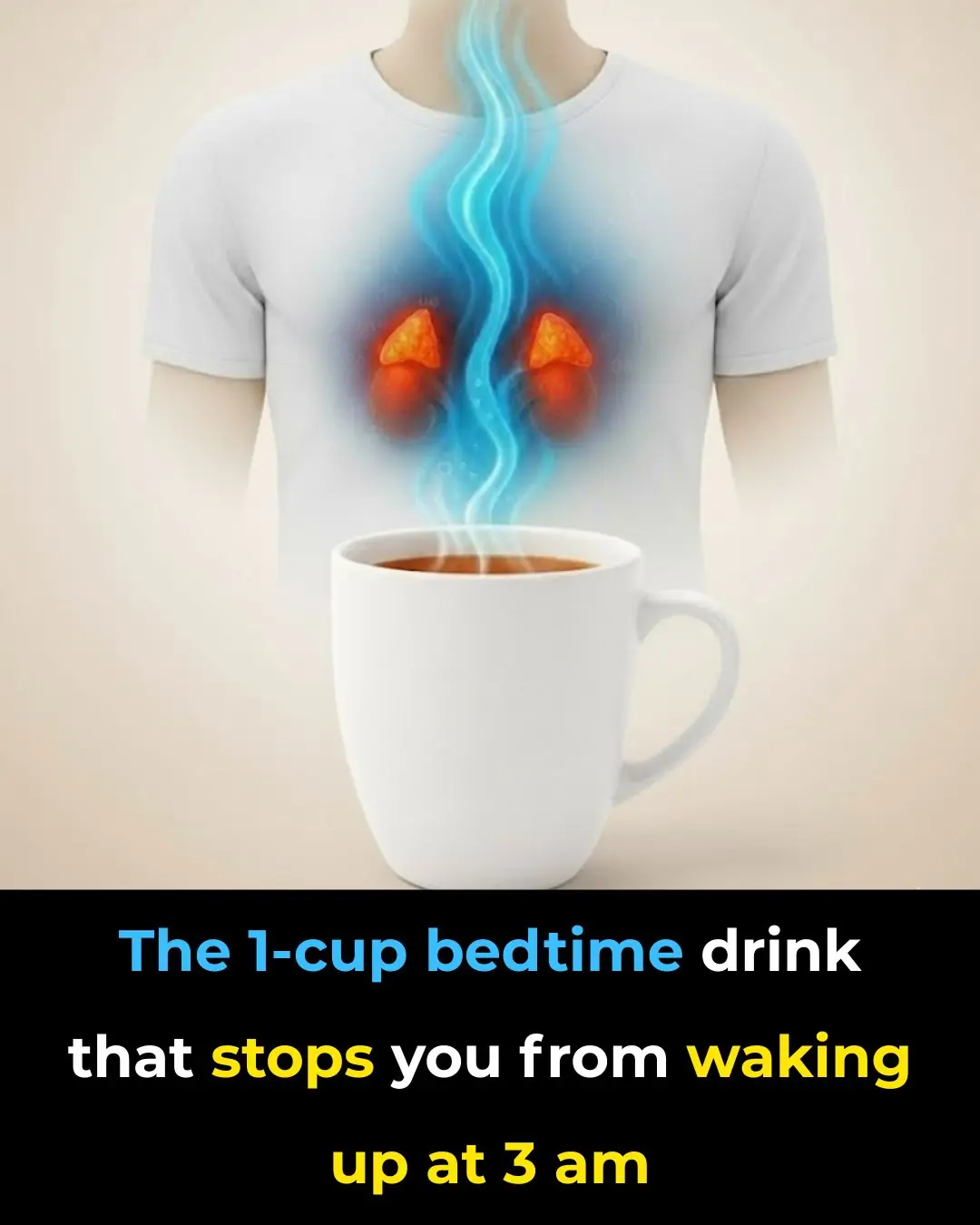
The 1-cup bedtime drink that stops you from waking up at 3 AM
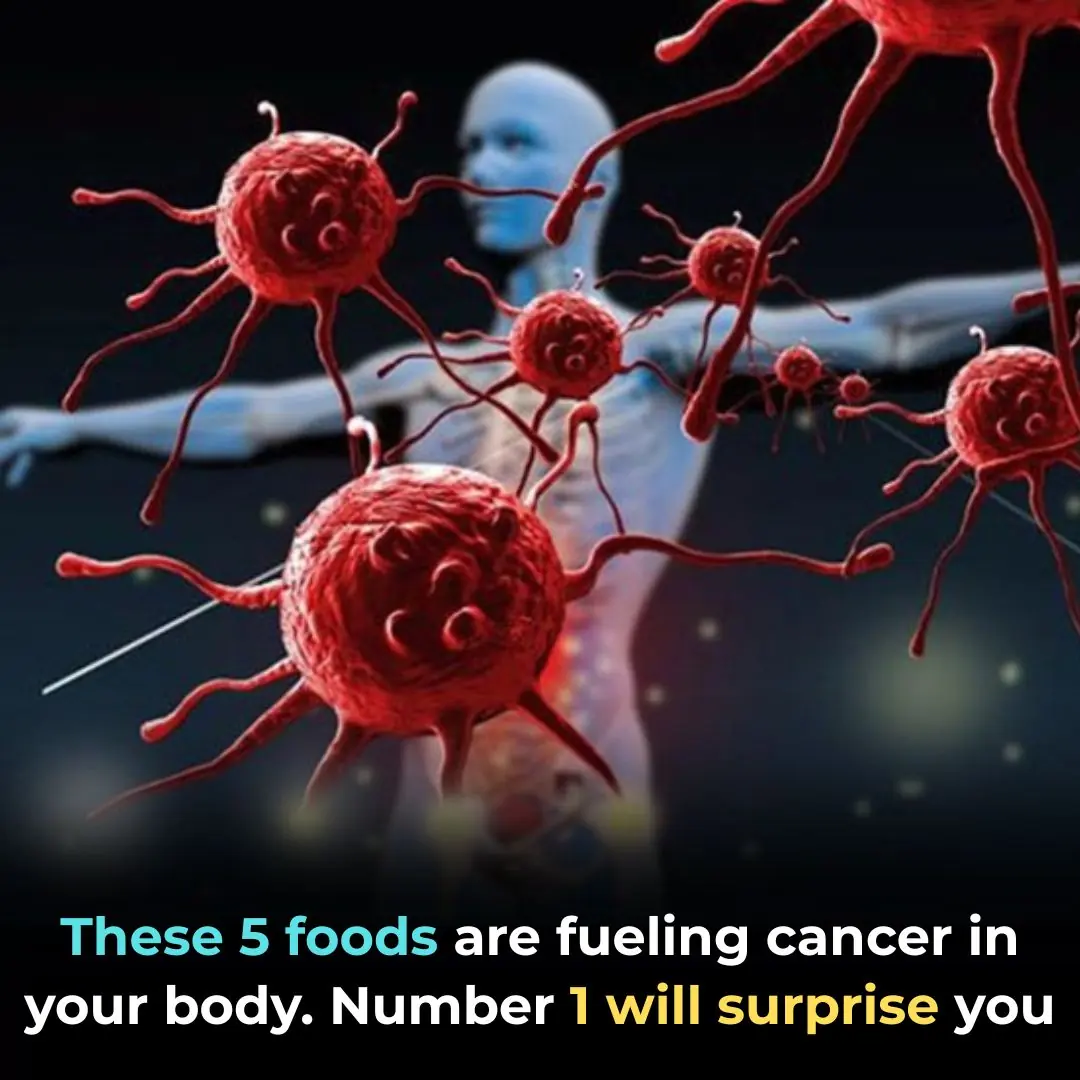
Why Hot Dogs and Processed Meat Might Be the Most Dangerous Foods of All Time
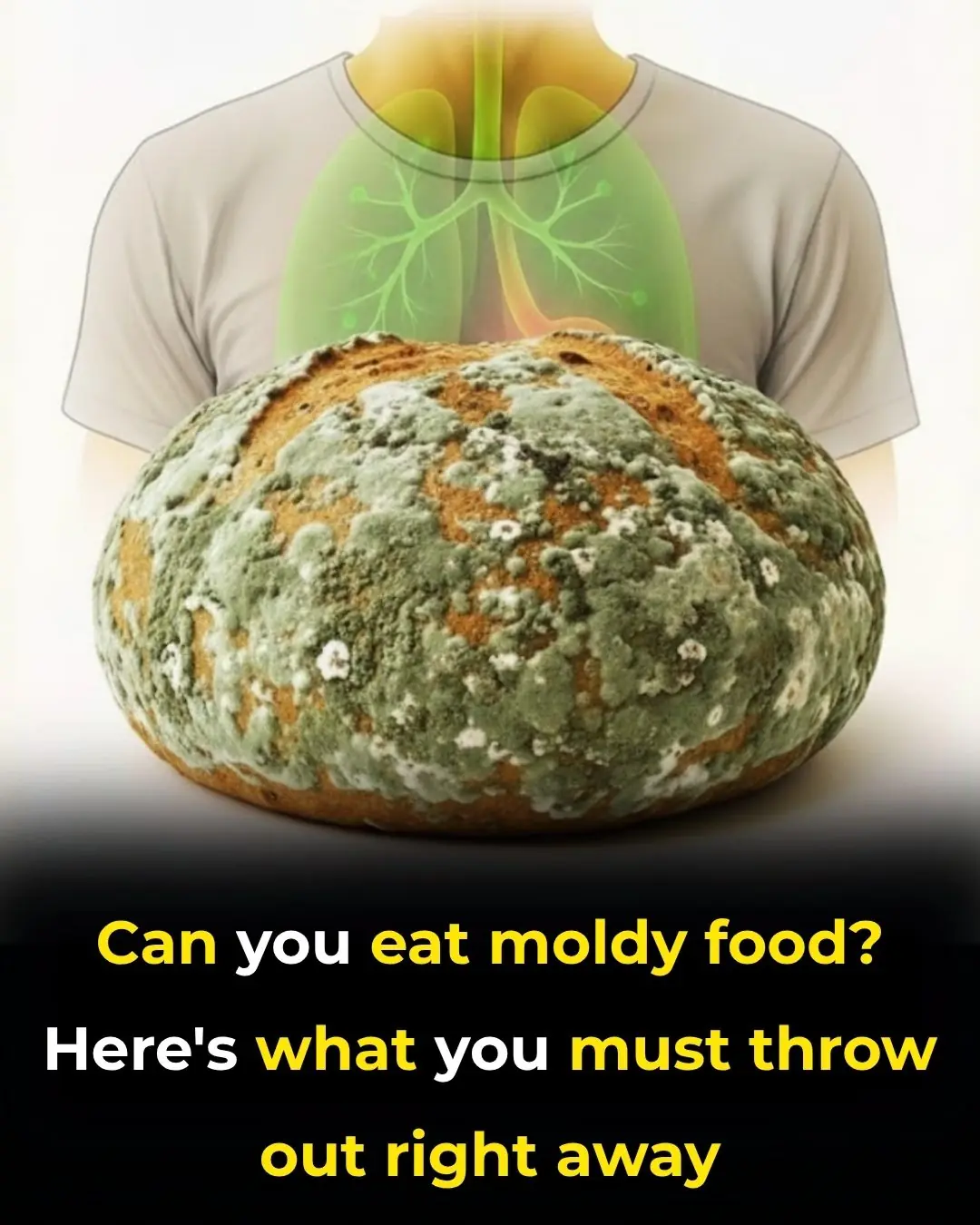
Can you eat moldy food? Here’s what you MUST throw out.
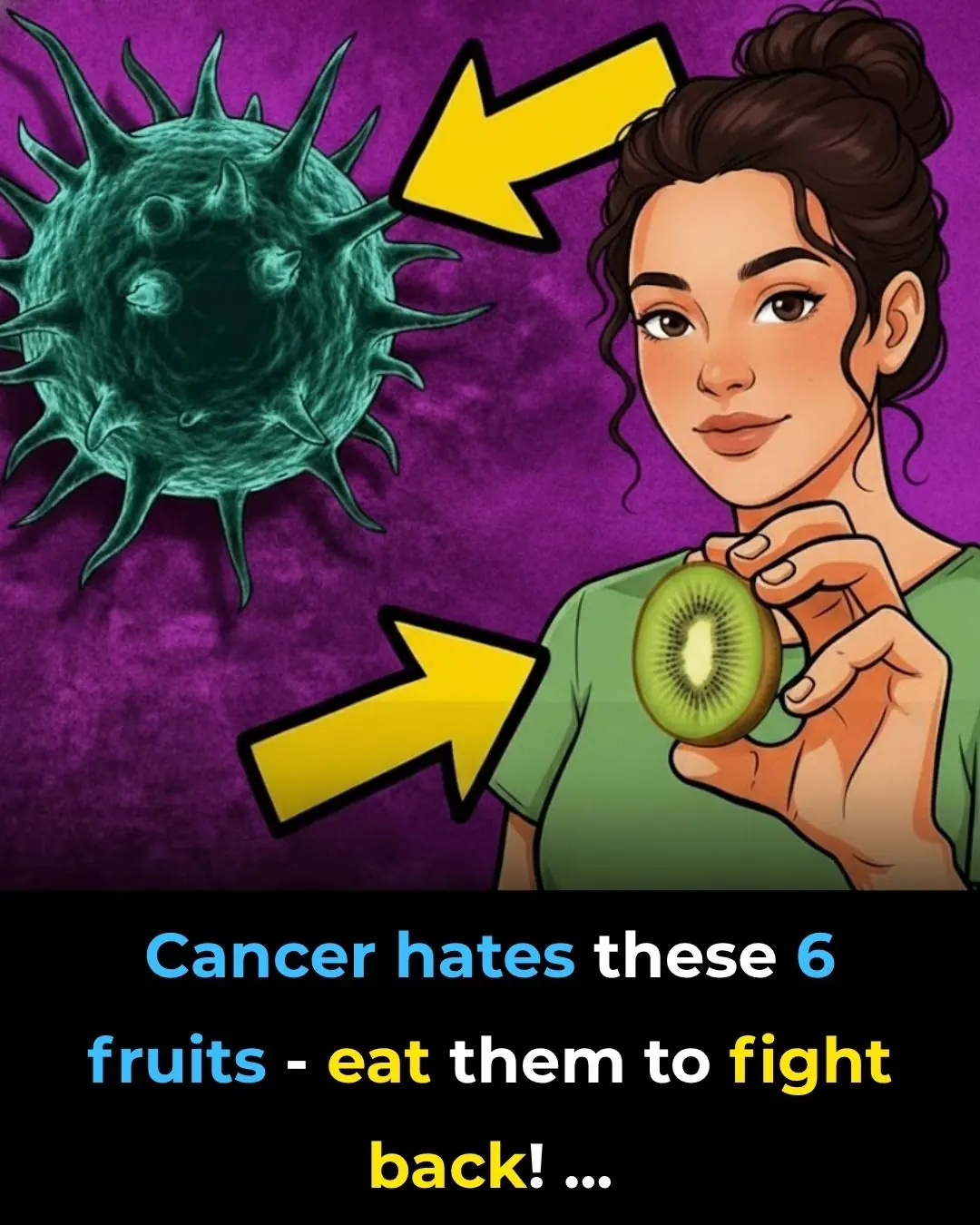
Cancer hates these 6 fruits—eat them to fight back!
News Post

ITV Emmerdale fans gush over 'handsome' Bear actor 26 years before soap fame
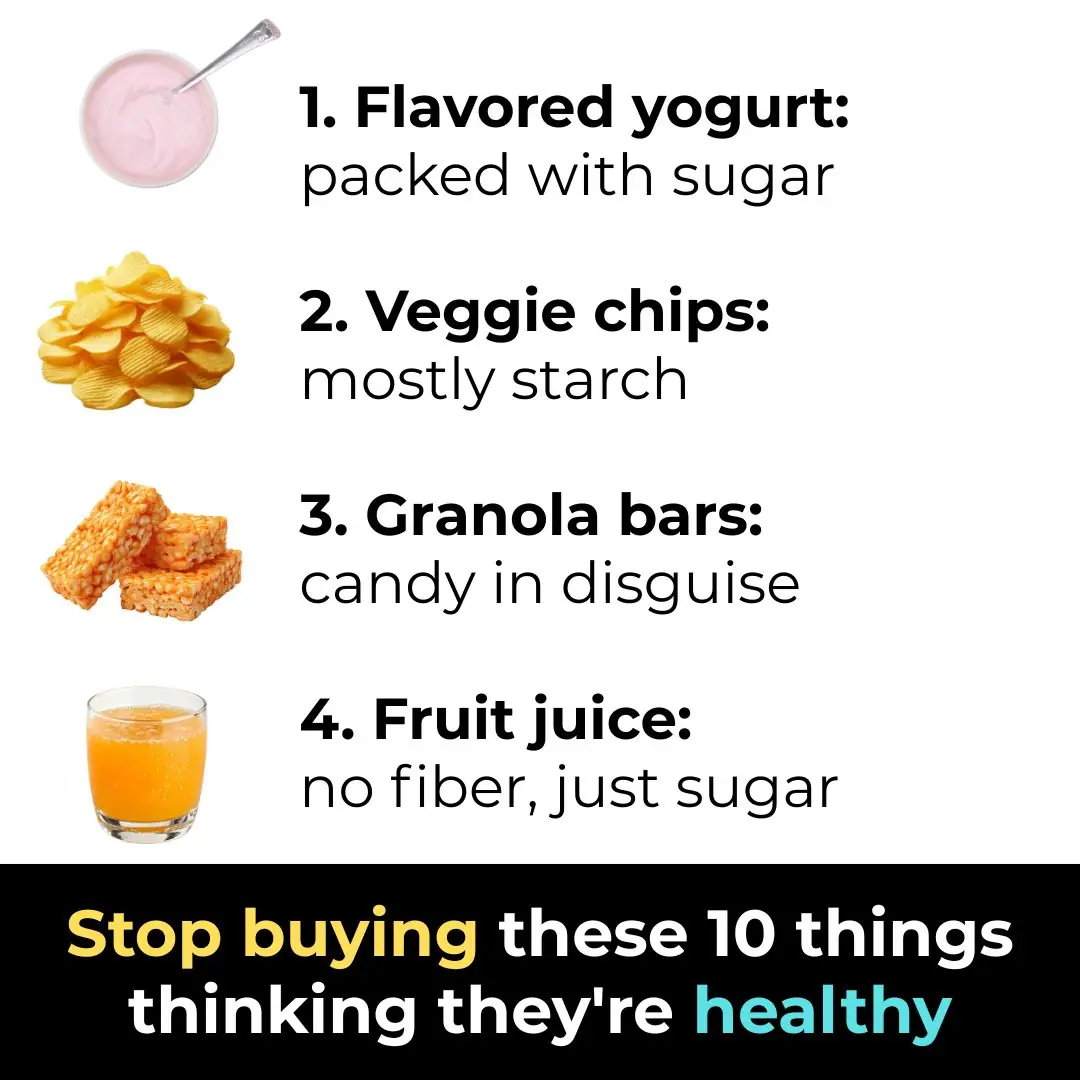
Stop buying these 10 things thinking they're healthy
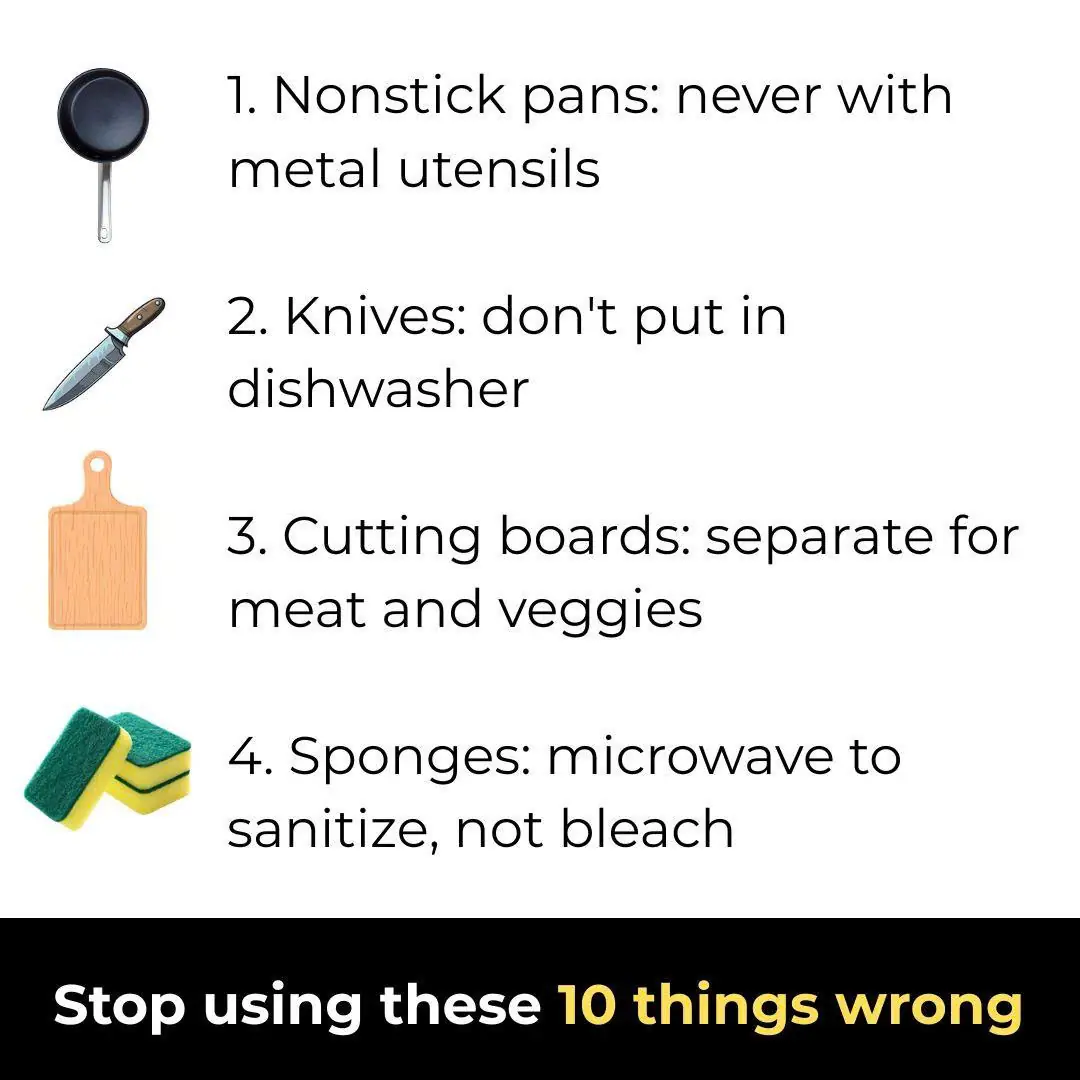
Stop using these 10 things wrong

ITV Big Brother housemates suffer brutal blow just hours before live double eviction

Selling Sunset's Nicole addresses brutal Chrishell jab in tense season 9 reunion

Why Cats Leave Home and Don’t Return

Castor Oil After 50: Here’s What Happens After 7 Days of Use! 🌿✨

Why Is It Not Recommended To Hang Out The Clothes Outside

Unlock the Secret Benefits of Olive Oil 🌿✨

Mix One Ingredient With Orange Juice To Flush Toxic Buildup From The Lungs

When buying duck eggs, should you choose “white shell” or “green shell”? Sellers reveal a method that only insiders know
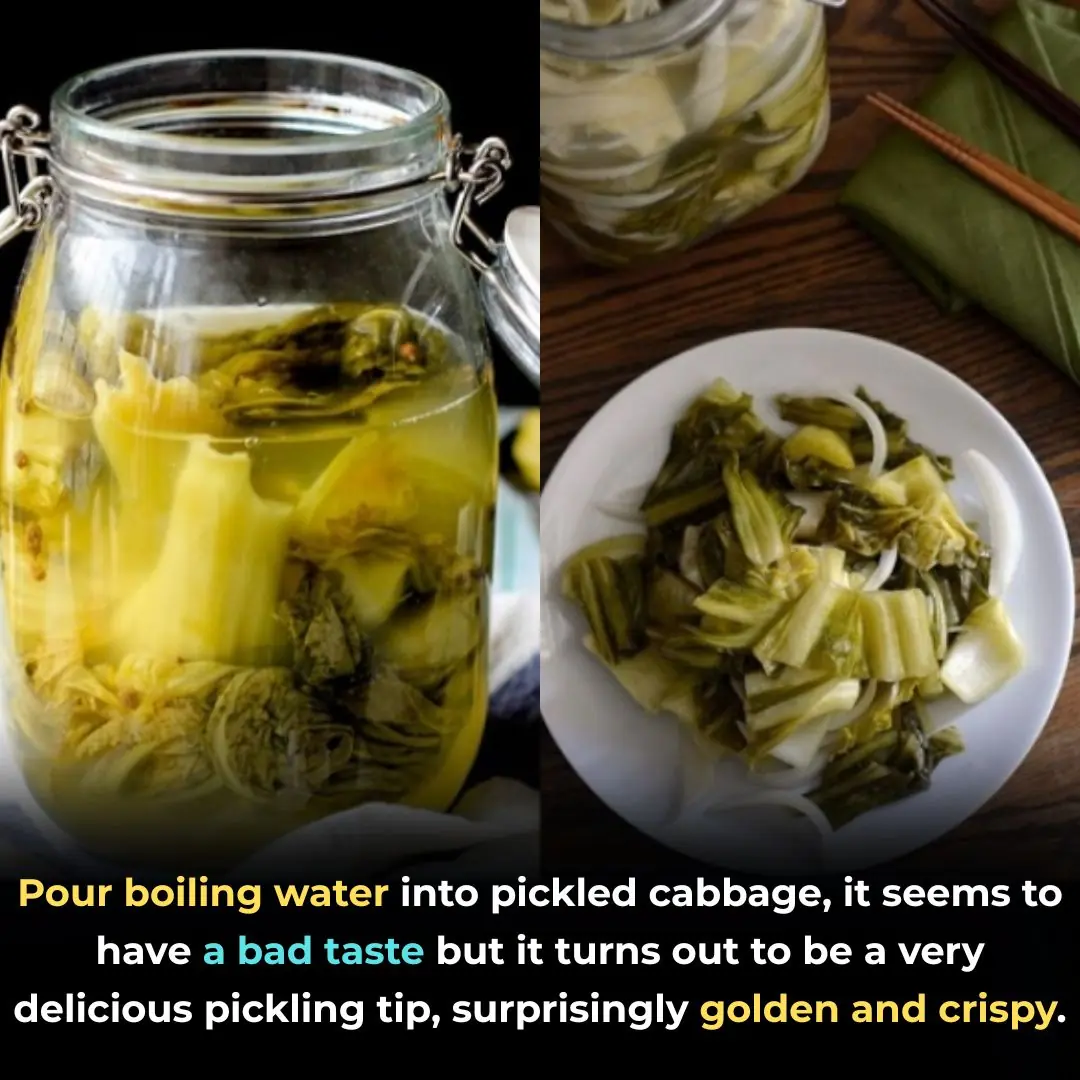
Pour boiling water into pickled cabbage, it seems to have a bad taste but it turns out to be a very delicious pickling tip, surprisingly golden and crispy.

Pour a little fabric softener into the bowl, many problems in the house are solved immediately.
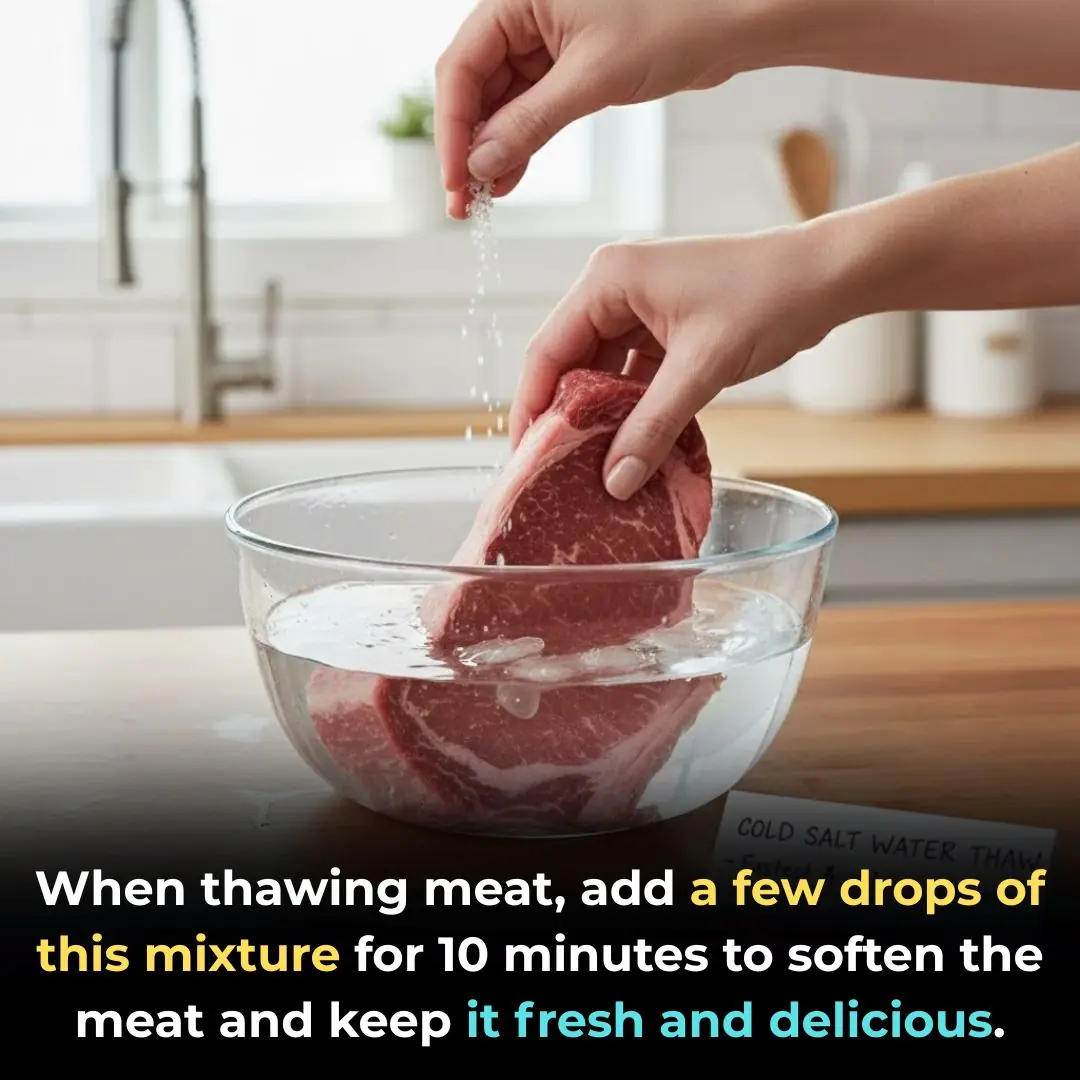
When thawing meat, add a few drops of this mixture for 10 minutes to soften the meat and keep it fresh and delicious.

When arranging roses, don't just use plain water. Add a few drops of this and the flowers will bloom. After 10 days, they will still not be fresh.

Because what Gideon didn’t realize was…

Everyone has made this mistake. What is the normal bl00d pressure for each age?

Squeeze a few drops of lemon into the eggs before frying them. Unexpected benefits that not everyone knows.
